Advances in Medicine and Biology. Volume 129
In this collection, the authors review novel findings strongly suggesting that YS110, a humanized monoclonal antibody with high affinity to the CD26 antigen, represents a promising novel therapy for refractory cancers, immune disorders and MERS-CoV infection. This book show that in vivo administration of YS110 inhibits tumor cell growth, migration and invasion, and enhances survival of mouse xenograft models inoculated with malignant mesothelioma (MPM), renal cell carcinoma, non-small-cell lung carcinoma, ovarian carcinoma or T-cell lymphoma via multiple mechanisms of action. Afterwards, several of the antibacterial resistance mechanisms employed by bacteria are discussed, especially those that can be targeted by novel antibacterial agents to combat resistant organisms. These mechanisms include alterations of cell wall or cell wall metabolites, mutations in antibiotic target, antibiotic deactivation by bacterial enzymes and biofilm formation. Later, the authors introduce AdRx as a treatment modality in musculo-skeletal pain, explain its rationale and techniques offering indications and contraindications for its usage. While AdRx takes its original theory from Eunice Ingham’s teaching and from followers of her teachings, this chapter confines the content to AdRx as standalone therapy in the context of musculo-skeletal pain. Near-infrared spectroscopy (NIRS) is also introduced as a non-invasive monitoring method that allows continuous real-time monitoring of cerebral hemoglobin oxygen saturation in a small area of the frontal cortex. This monitoring tool is based on the principle that some biological materials are relatively permeable to near-infrared light. In a separate study, trans-synaptic tracing from the visually responsive sites in the superior colliculus to the retina were studied using attenuated pseudorabies virus. The results demonstrated the presence of synaptic connections between the transplant and the host retina that contribute to the visual improvement observed in the superior colliculus. Continuing, in 2015, a novel pathogenesis of Crohn’s disease (the Hruska Postulate) was published. The authors aim to take what is known about Mycobacterium avium subspecies paratuberculosis, Crohn’s disease, and the Hruska Postulate and determine why Crohn’s disease is potentially curable. Several researchers have been trying to identify biomarkers that can be used for Crohn’s disease in clinical practice, however, further studies are required in order to validate most of their findings. The closing chapter introduces several diagnostic imaging techniques for kidney stone detection. A new imaging technique of C-arm tomosynthesis is described to generate volumetric information of the kidney to identify the size and location of kidney stones with limited amount of radiation dose. (Nova Biomedical)
{{comment.content}}


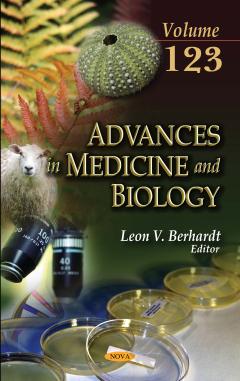
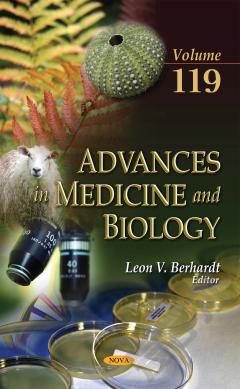
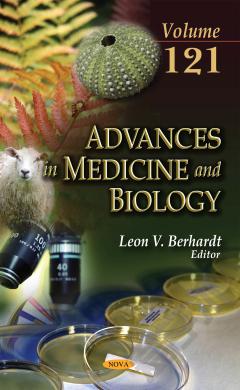
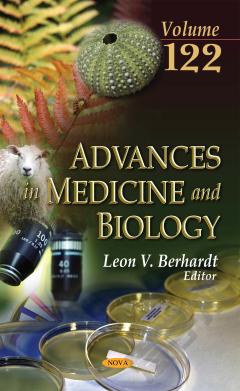
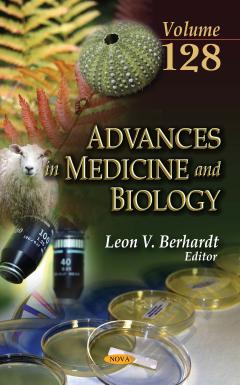

 京公网安备 11010802027623号
京公网安备 11010802027623号